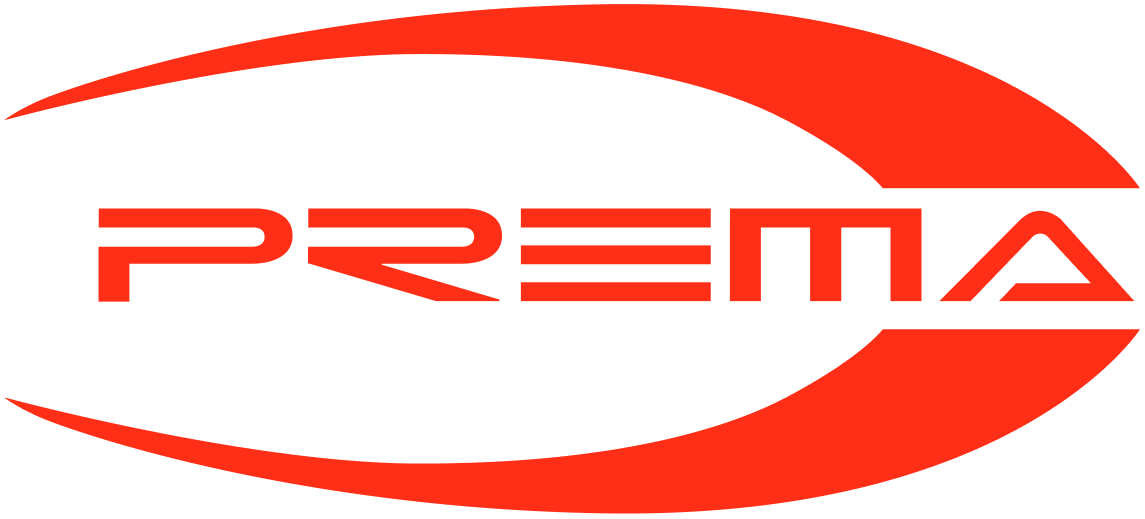Marketers of increasingly popular “oil-free” compressed air systems promise end-users low oil carryover and contaminant-free product air.
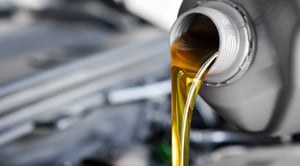 However, much of the buzz around oil-free compressors is unfounded. In fact, oil-free compressors are not oil-free at all. Though they do not require it within the compression chamber, oil is needed to lubricate parts and to regulate the machine’s cooling process.
However, much of the buzz around oil-free compressors is unfounded. In fact, oil-free compressors are not oil-free at all. Though they do not require it within the compression chamber, oil is needed to lubricate parts and to regulate the machine’s cooling process.
What’s more, atmospheric air usually contains between 0.05 and 0.5 ppm oil vapor — meaning that the complete elimination of oil in product air is nearly impossible. At the same time, oil-free compressors cannot eliminate air contamination resulting from water aerosols, rust, pipescale, atmospheric dirt, water vapor, or various microorganisms.
Traditional lubricated compressors offer the same level of filtration as oil-free compressors and, with the right systems in place, can meet air quality regulations across industries — including ISO 8573-1 Class 0 and Class 1 standards for applications requiring instrument air. As an added benefit, the up-front cost of a lubricated air compressor is between 45 and 50% lower than that of a comparable oil-free model. Traditional lubricated compressors also come with lower lifelong operational costs and enjoy greater durability, and low environmental impact thanks to filtration systems that mitigate condensate discharge.
Once end-users understand the quality, financial, and environmental benefits of investing in a traditional lubricated compressed air system rather than an oil-free compressor, they are faced with another question: What kind of lubricant should I use in my compressor? While air compressors have traditionally operated on non-detergent mineral oil, synthetic lubricants have gained increasing popularity in recent years.
Here are some of the benefits and drawbacks of each:
Advantages:
Disadvantages:
Advantages:
Disadvantages:
While traditional mineral oils come at a lower initial price tag, only synthetic lubricants can guarantee the high energy efficiency, consistent performance, and long-term cost-effectiveness required by industrial operations. In particular, synthetic lubricants shine when it comes to high-load operations or working in highly variable environmental conditions or fire hazard zones. In general, manufacturers today recommend using either a 20 or 30 weight synthetic lubricant — rather than a mineral oil — to get the best results out of your industrial compressed air system.
Regardless of industry, air compressor operators must comply with state and industry air quality regulations, which requires adequate filtration protocol. Learn about the advantages of our cutting-edge Mattei Absolute Zero (MAZ) filtration system to find out how to achieve oil-free instrument air with any compressor.

Mattei offers a wide range of vane compressor models that perfectly meet the specific needs of the transport industry.

The reliability of Mattei compressors, the high quality standards of the delivered compressed air and the compliance with the industry regulations, make them ideal to be used in the healthcare and pharmaceutical industry.

Reduced operating costs, environmental sustainability and extreme purity of the air supplied make Mattei compressors suitable for all processes in the food industry.
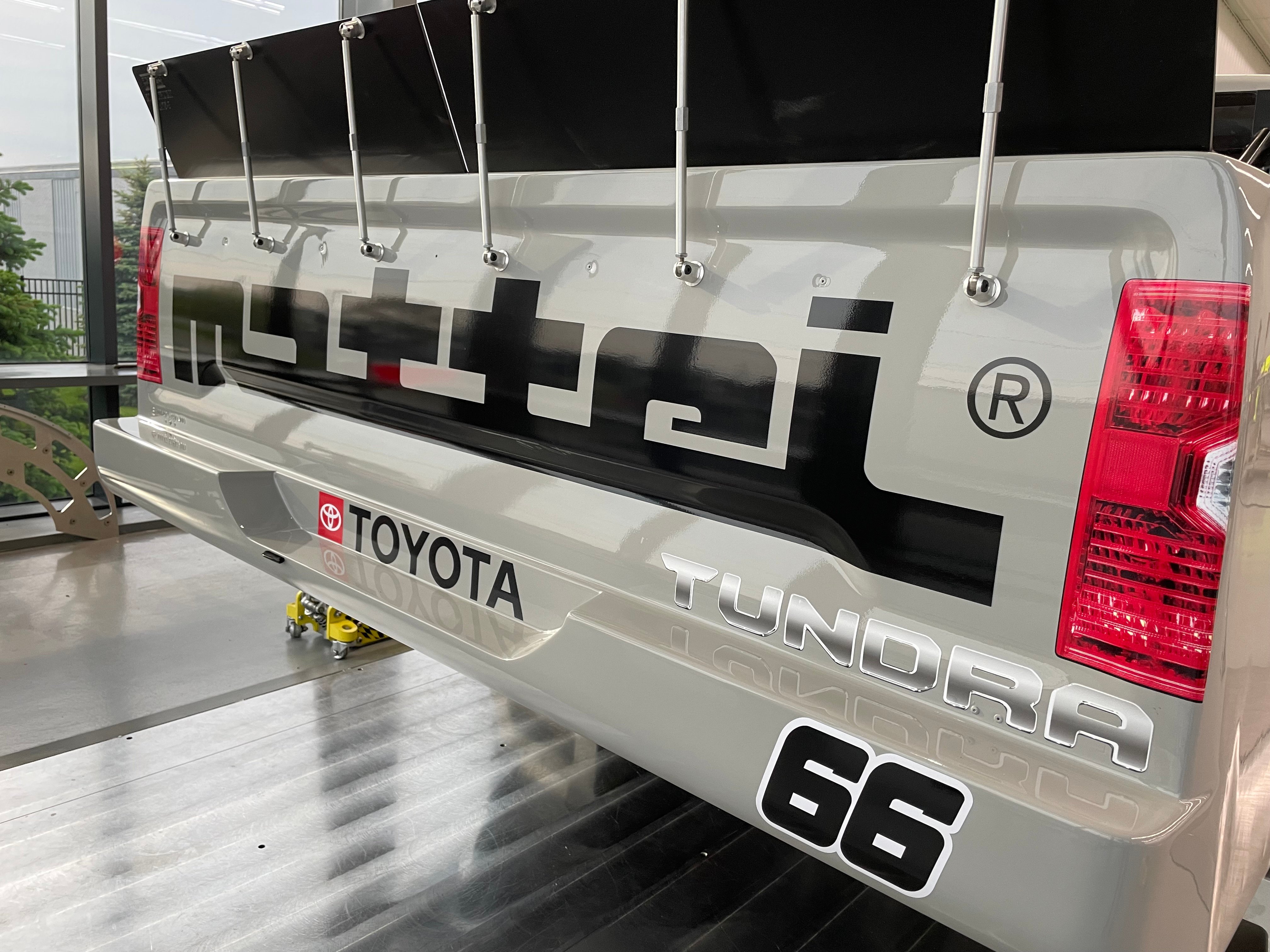
Good luck ThorSport Racing. Waiting to watch the racing!
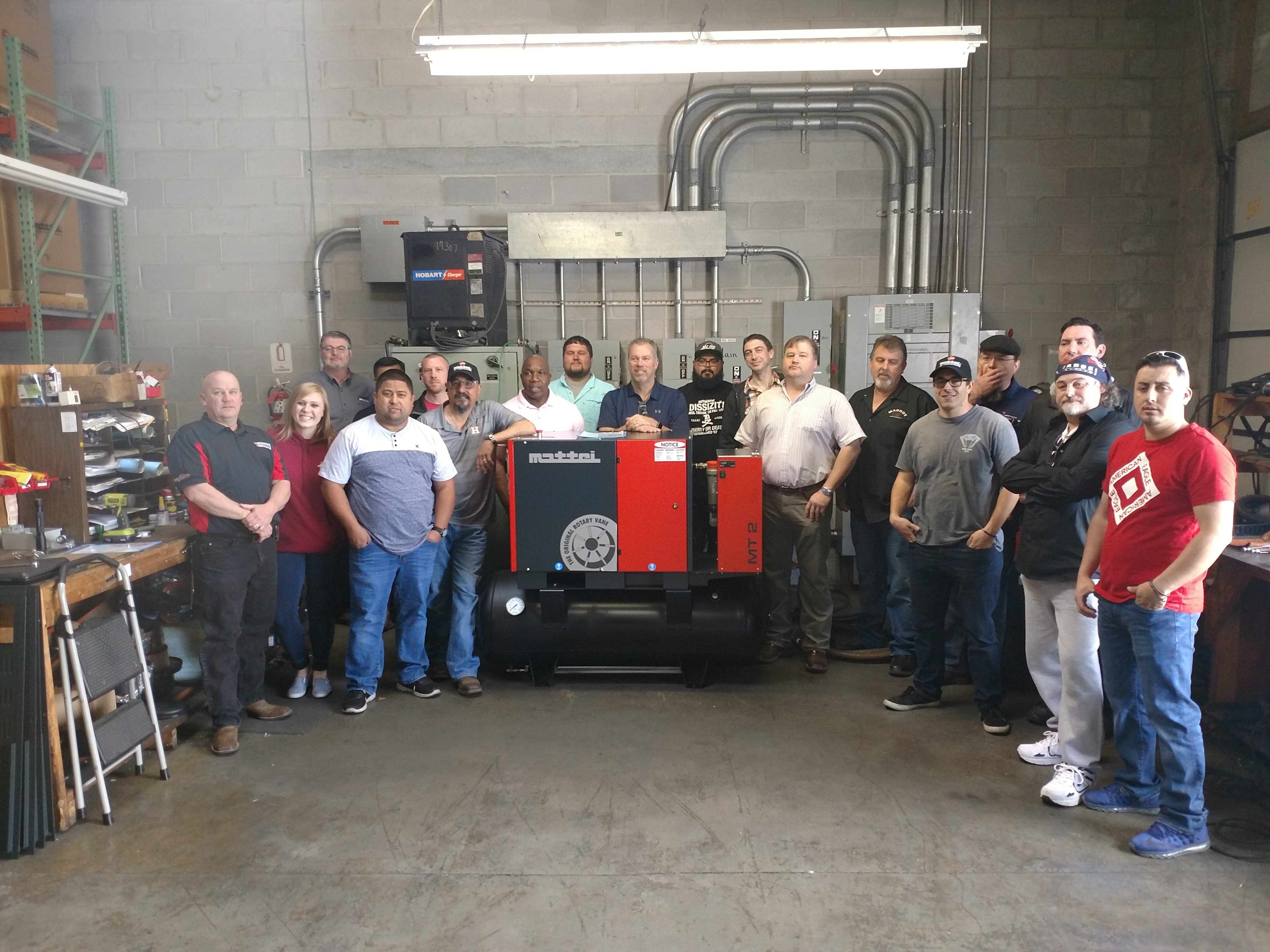
We recently held our Spring 2018 Service School for distributors. The school graduated 17 participants from both the sales and service sides.

Today, Mattei Compressors, Inc., announced the recipients of its 2017 Distributor Awards. These distributors went above and beyond to provide high-quality service to Mattei customers over the past year.
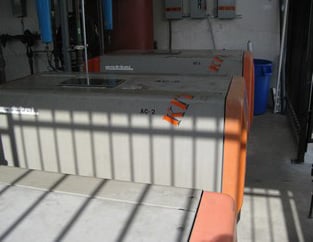
Helix Medical, LLC is widely regarded as a premier supplier of biocompatible silicone medical devices and components to the medical device, pharmaceutical and biotech industries.
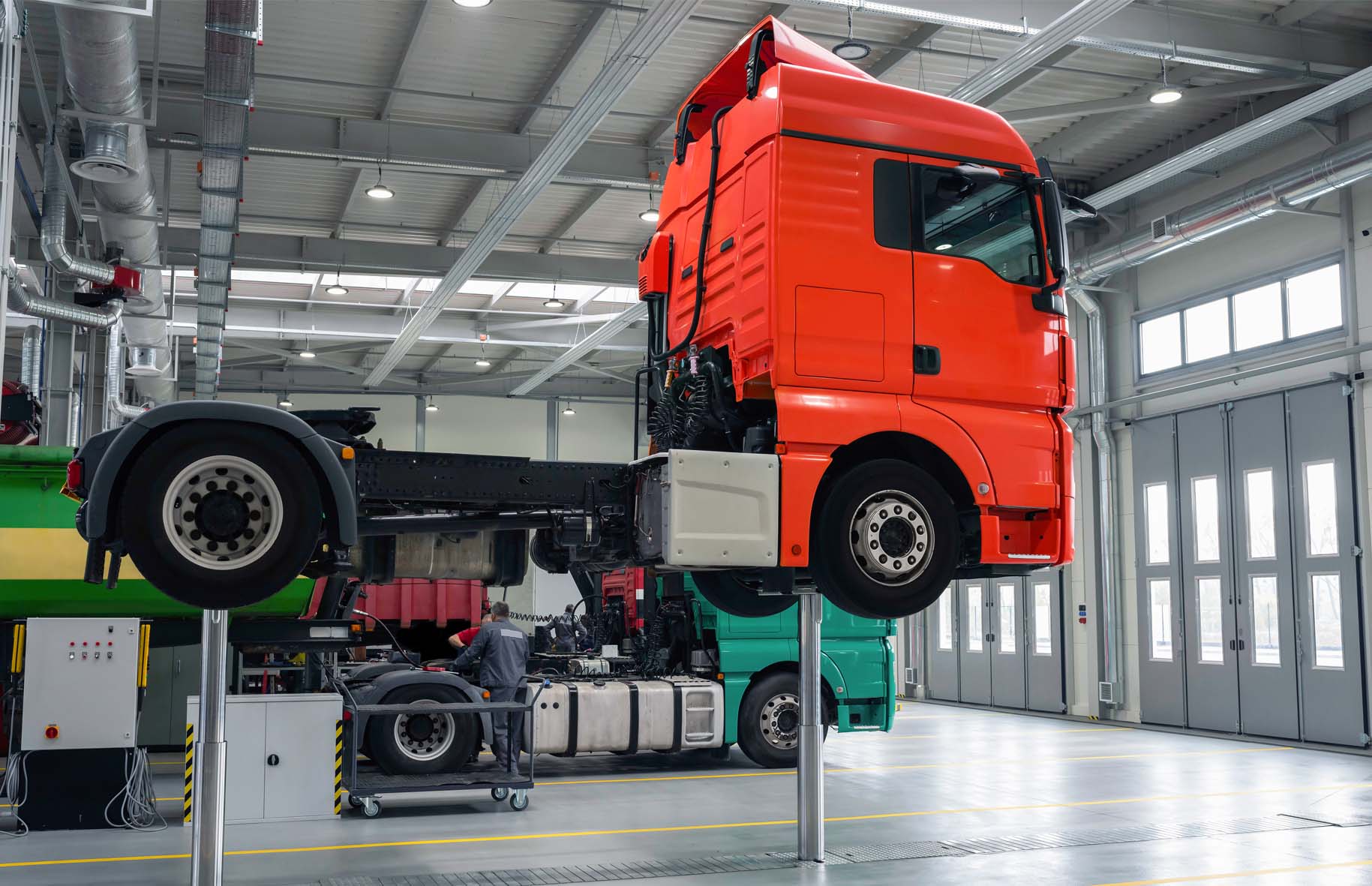
John Baker Sales, a Mattei distributor located in Colorado, worked very closely with Transwest to ascertain the company’s needs prior to making a product recommendation.

